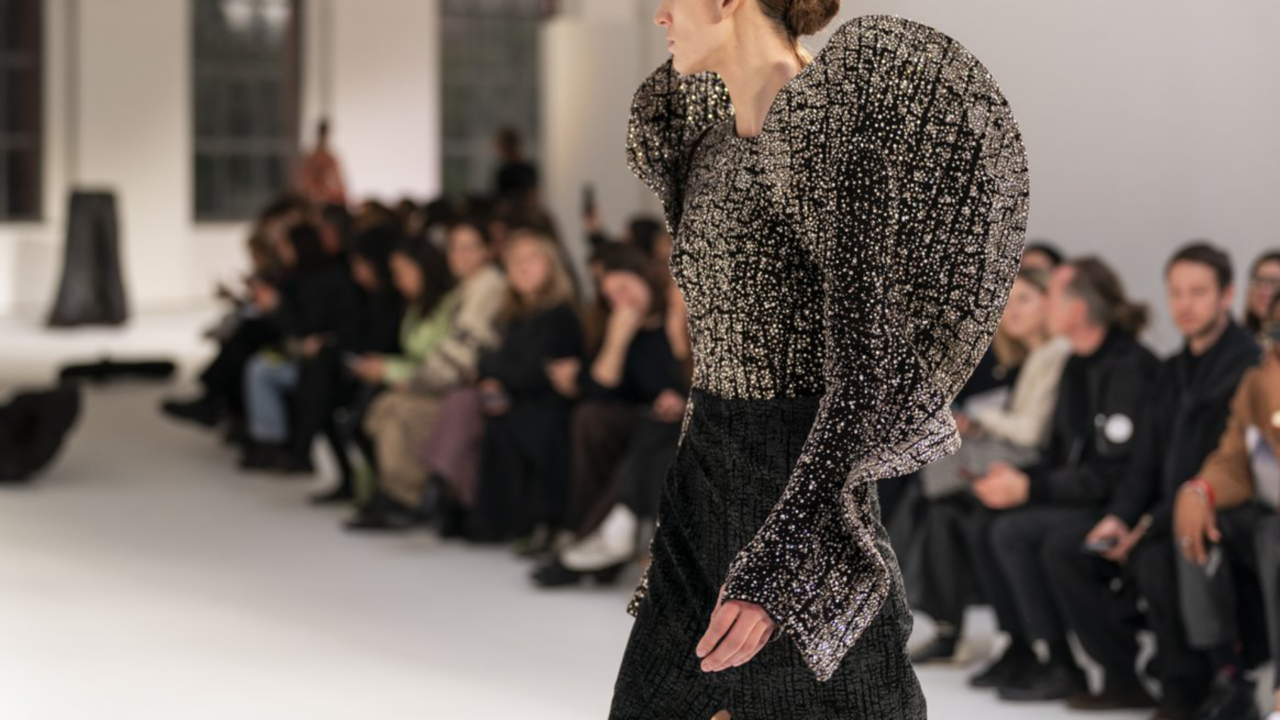Two Italian designers – and founders of the organisation We Are Made in Italy – have boycotted fashion week in Milan. They claim that the event’s organisers have not kept their promises to boost diversity and inclusion in the space.
Many fashion-forward nations have made it their mission to achieve higher levels of diversity and inclusion within their local industries. But Italy, one of the fashion capitals of the world, has been consistently criticised for falling short.
It’s a disappointing reality that has been best highlighted by the organisation We Are Made in Italy (WAMI), which was founded in 2020. From the outset, it has aimed to boost visibility for designers struggling to break into the industry due to systemic barriers.
To do so, WAMI started working closely with Milan Fashion Week to promote greater representation of people of colour, LGBTQ+ individuals, and people with disabilities at the event.
But only three years later, the organisation’s founders – Stella Jean and Edward Buchanan – have made the decision to boycott the week-long event.
The pair say organisers’ efforts towards improving diversity and inclusivity in the local fashion scene have lost momentum since the start of its partnership. The Camera Nazionale della Moda Italiana (CNMI) – an organisation which upholds the cultural values of Italy’s fashion industry – has appeared to have abandoned the mission of getting to the root of where its biggest inequalities lie.



















